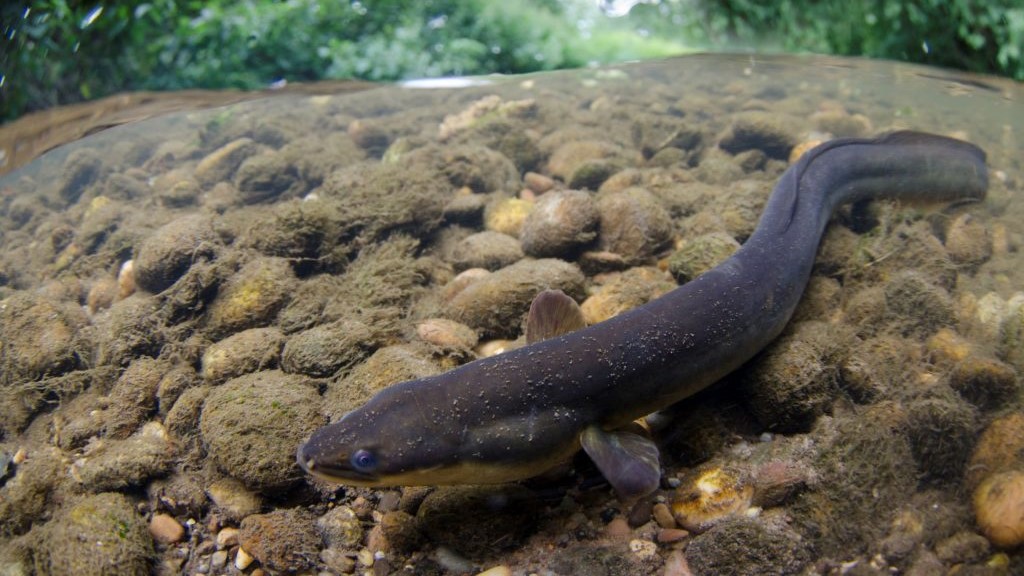The Environment Agency is celebrating a successful year for its eel passes on the River Great Ouse. It was revealed that over 70,000 eels had made the journey to Cambridgeshire from the Sargasso Sea in the North Atlantic – a journey of over 3,000 miles.
The European Eel is a critically endangered species which makes the journey to East Anglia over the course of 2 years. The eels then spend up to 20 years living in British rivers before heading back to the Sargasso Sea to spawn.
The eels are an important indicator to the environmental health of the sea, rivers and freshwater habitats.
Between March and October 2022, 74,452 eels travelled through the Brownshill staunch eel pass and monitoring station. This is the third highest number recorded at the station since it began recording in 2008 when just 658 eels passed through the station. This year’s bumper number of visitors has been helped by high tides along the Ouse which have provided good conditions for the eels to migrate.
Lewis Thomas, Fisheries Technical Specialist for the Environment Agency, said: “It’s been great to see these endangered eels return to our area in such large numbers this year. This is testament to our investment in eels over recent years to improve the health of our rivers and water habitats. To ensure this critically endangered species thrives in our area.”
The Environment Agency has been working to ensure that the eels have free passage around Cambridgeshire and Bedfordshire’s rivers. There are over 35 dedicated eel passes on weirs, sluices, pumping stations and locks as well as on other private structures. These passes allow eels to travel up through specially designed brush-like structures. The bristles help the eels to swim safely, and without obstacles. It’s just 1 example of how the Environment Agency is working to tackle the climate and nature crises together by enhancing habitats and protecting and managing land and water environments favourably for nature.
Some of the elvers (young eels) that have passed through the region this year have been moved to the Zoological Society London (ZSL) for study. These elvers have been trialling new possible eel passes made of pebbles and stones rather than brushes.



